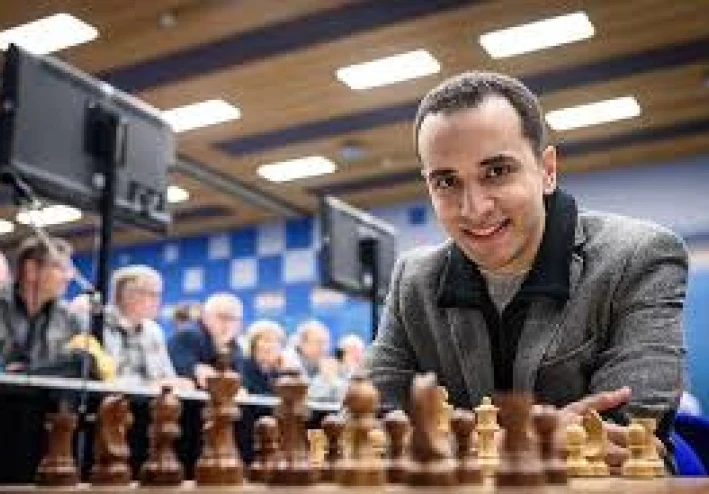
Essential Strategies to Win at Chess
1. Control the Center
Controlling the central squares (d4, d5, e4, e5) is crucial because it gives your pieces greater mobility and influence over the board. Start by advancing your central pawns and positioning your knights and bishops to support them. A strong center allows you to launch attacks in any direction while restricting your opponent’s options.
2. Develop Your Pieces Early
Don’t waste moves—get your knights and bishops into the game quickly. Prioritize piece development over unnecessary pawn moves. Ideally, you should aim to have all your minor pieces (knights and bishops) developed within the first 10 moves. This ensures you’re ready for both attack and defense.
3. Castle for King Safety
A king stuck in the center is vulnerable to attacks. Castling early (preferably kingside) protects your king and connects your rooks. Remember, delaying castling can lead to dangerous threats, especially in open positions.
4. Avoid Moving the Same Piece Multiple Times in the Opening
Repeating moves with the same piece wastes valuable time. Instead, focus on bringing out all your pieces efficiently. Every move should contribute to your overall position, whether it’s developing a piece, controlling space, or preparing an attack.
5. Think Ahead with a Plan
Chess is not just about reacting—it’s about executing a strategy. Ask yourself:
What are my opponent’s weaknesses?
Where can I create threats?
How can I improve my piece placement?
Having a clear plan (e.g., attacking on the queenside, targeting a weak pawn) keeps your play focused.
6. Trade Pieces Wisely
Not all exchanges are equal. Trade when it benefits you:
Swap if you’re ahead in material.
Keep your active pieces and trade off your opponent’s strong ones.
Avoid trading when your king is under attack or when it helps your opponent.
7. Watch Out for Tactics
Tactics win games. Always look for:
Forks (a piece attacking two at once)
Pins (a piece can’t move without exposing a more valuable one)
Skewers (a line attack forcing a valuable piece to move)
Discovered attacks (moving a piece reveals an attack from behind)
8. Manage Your Time
In timed games, don’t spend too long on a single move. Allocate your clock wisely—use more time in critical positions and speed up in familiar ones. Time trouble leads to blunders!
9. Study Endgames
Many games are decided in the endgame. Learn basic checkmates (king + queen vs. king, king + rook vs. king) and key pawn endgame principles (opposition, the square rule). Converting an advantage requires precision.
10. Analyze Your Games
After each game, review your moves—especially losses. Ask:
Where did I go wrong?
What was my opponent’s best move?
How could I have improved my strategy?
Learning from mistakes is the fastest way to improve.
Final Thoughts
Winning at chess isn’t about memorizing moves—it’s about understanding principles, recognizing patterns, and staying disciplined. Apply these strategies consistently, and you’ll see steady improvement. Ready to dominate the board? Start playing with purpose today!

































